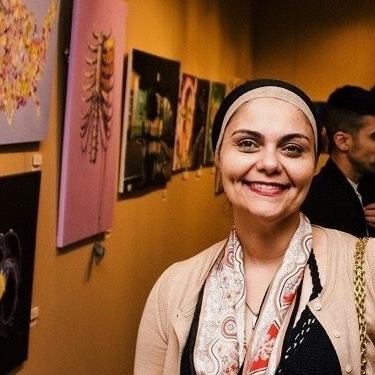While the underrepresentation of women in politics is a worldwide epidemic, with a political body comprised of only 17 percent women, the modern Arab world falls behind.
Dr. Marwa Shalaby, a fellow for the Middle East and director of Women’s Rights Middle East Program at Rice University, offered explanations and solutions to the matter from her experiences with politics and the Middle East at Smith College on Tuesday evening.
According Shalaby, the root of the issue lies in the recent introduction to the very notion of women’s rights in the Middle East.
While not applicable to all situations, Shalaby highlighted that with this new momentum, societal aspects such as “culture, kin-based networks and gender stereotypes” all play a role in the exclusion from women in government.
“It’s really hard to believe that it wasn’t until 2015 that women were allowed to vote in Saudi Arabia,” Shalaby said, “and it wasn’t until 2005 that women were allowed to vote in Kuwait.”
In 2012, however, there was a marginal upswing in the representation of women in government in the Middle East.
According to Shalaby, “[the] growth is because of the introduction of…quota system…”—a political system that reserves seats for [in this case] women, to balance out representation in government.
“Quota systems change perceptions on a societal level…by giving women more important and influential roles in government [and by] spending more time in parliaments, [they gain more] expertise so they know how to [do things like] negotiation, ” Shalaby said.
However, the quota system, not only offers representation as solely seats in government, but also representation in various political committees.
While the quota standards are often only met at baseline, most women are instantly delegated to “women’s committees,” still leaving an underrepresentation of women across the political spectrum in the Arab world, according to Shalaby.
“You would find that political expertise matters for influential committees [such as those involving a national budget, commerce and rules], not much for technical committees [groups that deal with social issues such as women’s rights],” Shalaby stated. “The more years you have the quota, the more likely that women would be a part of the [influential] committees and the less likely they would be to be a part of social issues committees.”
Jenny Canick, a Northampton resident, asked “Are you saying that to reach the top of leadership positions the women who do achieve it, are they able to recruit other women, or does it have to come from a male system? Are they in a position to actually recruit, do they have to be very influential to be able to do that?”
Shalaby replied, “Based on my work, they do help and prepare each other…[for example] they will bring women [into meetings and discussions] and say ‘let us explain what this bill is about.’”
“There is a limit, [however], to what they can do [and] they have a lot of distrust in organizations [involving men],” she added.
Bozena Welborne, an assistant government professor at Smith College, was curious about the appointment of women into Arab politics.
“How does the committee appointment happen?” Welborne asked. “Are other women helping with those appointments or is it actually happening from the men?”
Shalaby replied that “appointment happens in two ways: it’s either floor voting, or the party leader goes to the head of parliament and the elections happen within the party.”
“Most of the cases happen within each party…what happens is that each party has a board [in a public forum] and so the women [have started] to put their names up on the board…and then people vote for them and the party votes…so it’s changing over time that women are actually getting these positions.”
Andrea Hanley can be reached at [email protected].



















